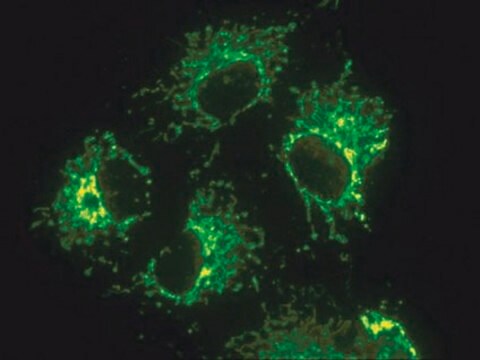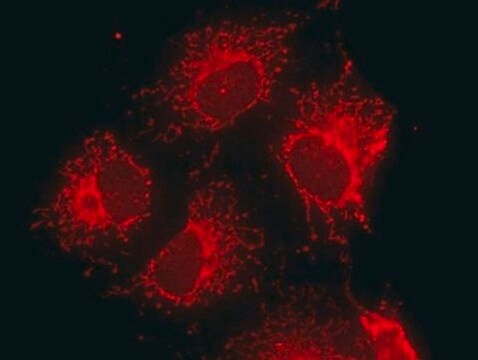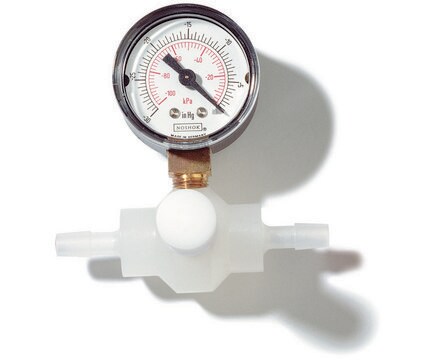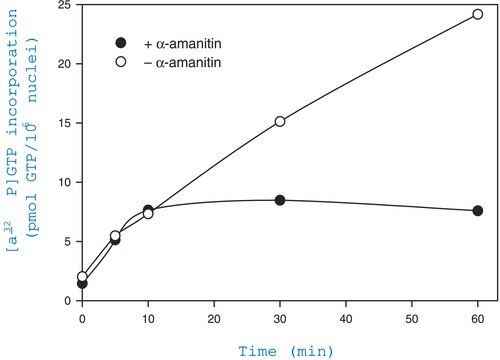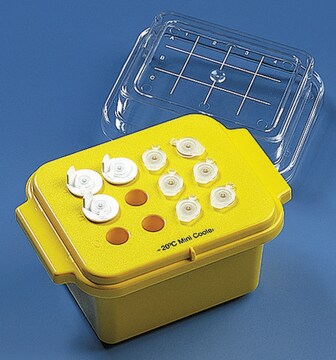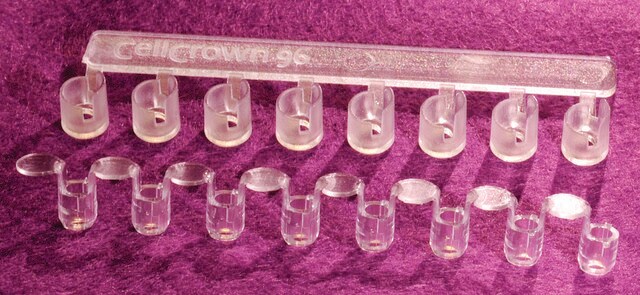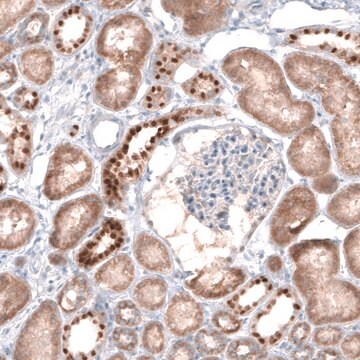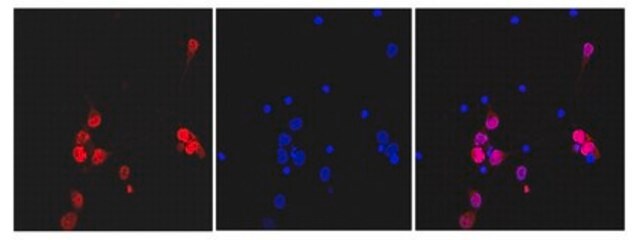MAB1273C3
Anti-Mitochondria Antibody, clone 113-1, Cy3 Conjugate
clone 113-1, from mouse, CY3 conjugate
Sinónimos:
Human Mitochondria
About This Item
Productos recomendados
origen biológico
mouse
Nivel de calidad
conjugado
CY3 conjugate
forma del anticuerpo
purified immunoglobulin
tipo de anticuerpo
primary antibodies
clon
113-1, monoclonal
reactividad de especies
human (mitochondria protein)
no debe reaccionar con
rat (mitochondria protein), mouse (mitochondria protein)
técnicas
immunocytochemistry: suitable
isotipo
IgG1
Condiciones de envío
wet ice
modificación del objetivo postraduccional
unmodified
Descripción general
Especificidad
Inmunógeno
Aplicación
Immunocytochemsitry Analysis: A 1:50 dilution of this antibody detected mitrochondria in human adipose mesenchymal stem cells (SCC038).
Stem Cell Research
Cell Structure
Developmental Neuroscience
Organelle & Cell Markers
Calidad
Immunocytochemsitry Analysis: A 1:50 dilution of this antibody detected mitrochondria in neonatal human fibroblast cells (SCC058).
Descripción de destino
Forma física
Almacenamiento y estabilidad
Nota de análisis
Neonatal human fibroblasts cells (SCC058).
Otras notas
Cláusula de descargo de responsabilidad
¿No encuentra el producto adecuado?
Pruebe nuestro Herramienta de selección de productos.
Código de clase de almacenamiento
12 - Non Combustible Liquids
Clase de riesgo para el agua (WGK)
WGK 2
Punto de inflamabilidad (°F)
Not applicable
Punto de inflamabilidad (°C)
Not applicable
Certificados de análisis (COA)
Busque Certificados de análisis (COA) introduciendo el número de lote del producto. Los números de lote se encuentran en la etiqueta del producto después de las palabras «Lot» o «Batch»
¿Ya tiene este producto?
Encuentre la documentación para los productos que ha comprado recientemente en la Biblioteca de documentos.
Nuestro equipo de científicos tiene experiencia en todas las áreas de investigación: Ciencias de la vida, Ciencia de los materiales, Síntesis química, Cromatografía, Analítica y muchas otras.
Póngase en contacto con el Servicio técnico